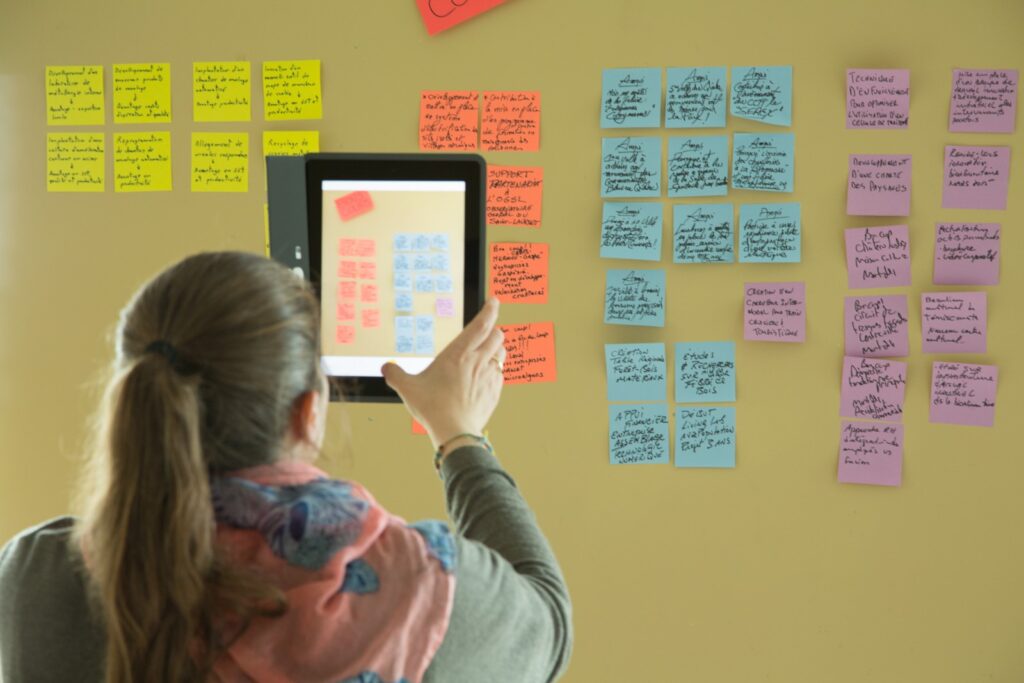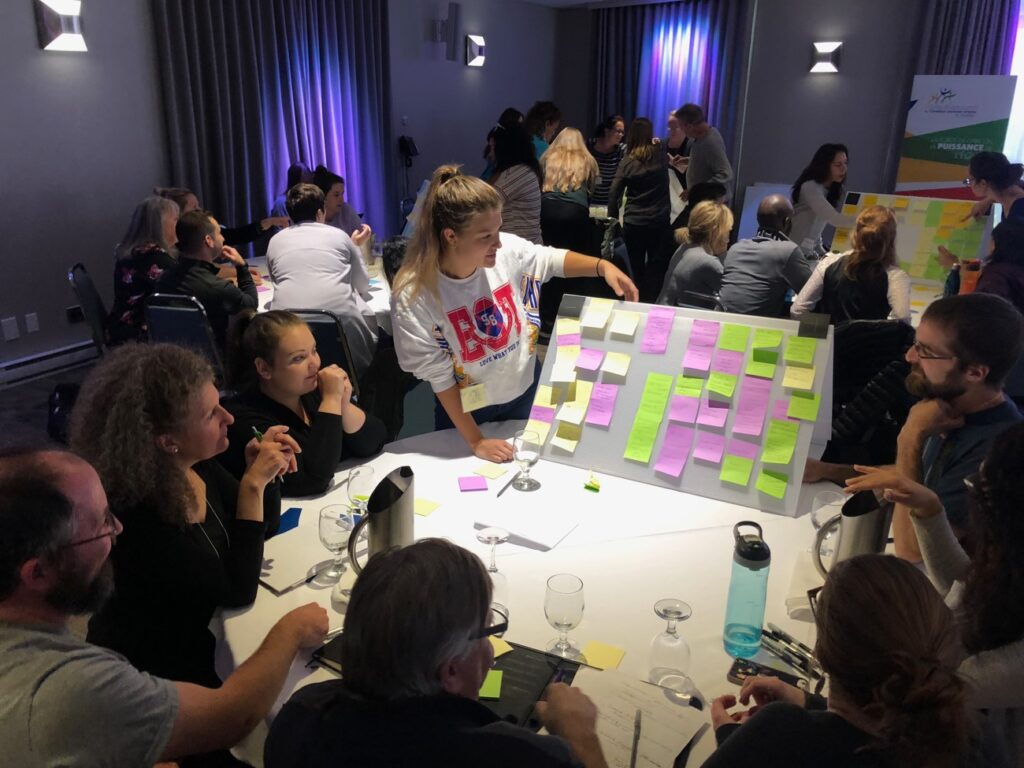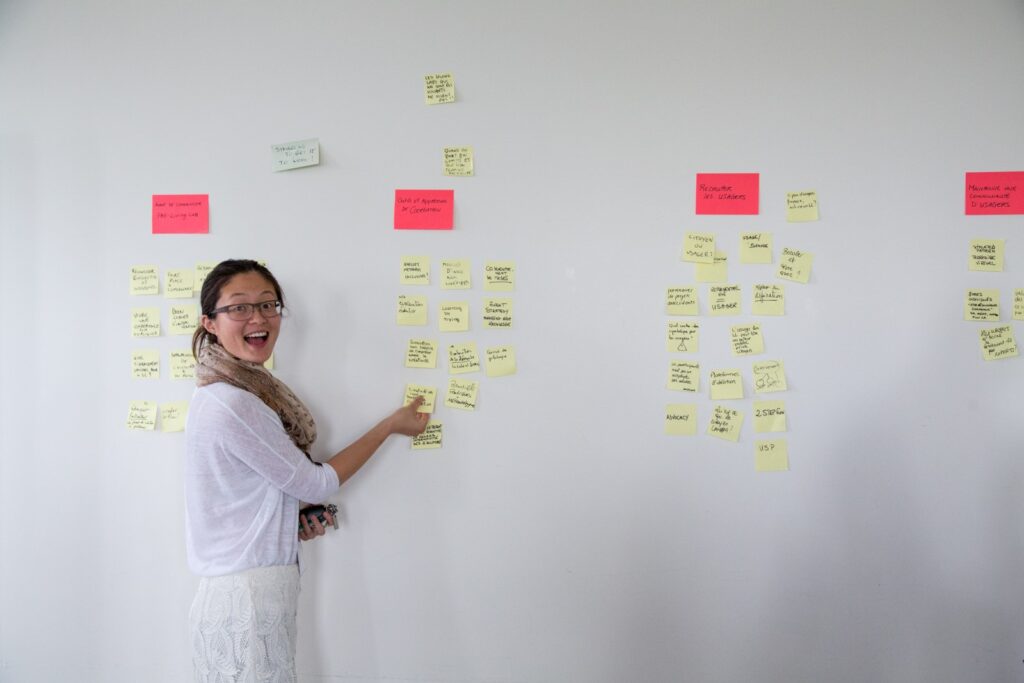Cégep de Rivière-du-Loup’s Laboratoire en innovation ouverte (LLio) is a college centre for technology transfer specializing in open and collaborative innovation. Our mission is to facilitate the implementation of open innovation practices, particularly those involving users.

Our focus is on open innovation practices, players and spaces. With our team of researchers and facilitators, we help businesses and organizations, associations and government agencies, educational and research institutions and various groups and communities develop their capacity to innovate. Our CCTT acts as a catalyst for innovation by developing approaches based on human-centred design, such as radical collaboration, user empathy, systematic creativity and iterative prototyping.

By encouraging the participation of users as key players in innovation at all levels—individual, team, collective, organization, community, territory, or even ecosystem—we ensure increased knowledge dissemination and use among the client communities, thus fostering:
- more innovation, with more solutions that are relevant, viable, feasible, sustainable and appealing;
- the empowerment of users as codesigners of innovations;
- the acceleration of the culture shift in organizations towards greater collaboration, creativity, user empathy and prototyping skills; and
- sustainable, close-knit, creative and skilled communities.

Below are two examples of our activities and impact. We work with sector-based associations and regional groupings to codesign initiatives promoting the development of innovation capacity and a more open and collaborative innovation culture. In this context, we carried out two living lab projects for the exploration and cocreation of technology-enhanced tourism and cultural experiences in the Bas-Saint-Laurent and Gaspésie regions. The aim was to explore, through the uses of digital technology, how organizations have gone digital.
A more recent project brought together civil society players, elected officials and experts in a regional initiative aimed at achieving over 50% self-sufficiency in energy, bio-food and manufacturing production: the FabRégion Bas-Saint-Laurent initiative, which is part of the Fab City Global Initiative.















